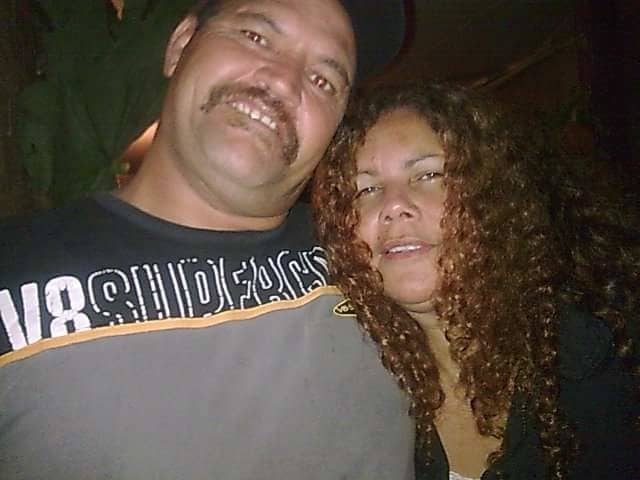The Australian government’s decision to deport a man who has spent most of his life in Aboriginal communities did not properly take into account his identification as an Aboriginal man, the Federal Court has heard this morning.
Justin Hands, 47, is a New Zealand citizen who came to Australia when he was three years old. After leaving home at 12 he was adopted into an Aboriginal family in Wollongong. He has lived and worked in Aboriginal communities on the NSW South Coast since.
In 2017 Hands’ visa was cancelled after pleading guilty and being sentenced to 12 months’ imprisonment for a number of offences, including intimidating his partner and assaulting her grandson. At the time of his plea, Hands said he did not know he was not an Australian citizen and that he risked being deported.
He applied for his visa cancellation to be revoked, but assistant minister for immigration Alex Hawke found that he represented an “unacceptable risk of harm to the Australian community”. That decision was upheld by the Federal Court in May.
In an appeal to the Full Court of the Federal Court, heard this morning, Hands’ lawyer Sarah Pritchard SC argued that Hawke and the Federal Court judge failed to take into account Hands’ identification and acceptance as an Aboriginal man by the Aboriginal community.
Both Hawke and the judge had referred to Hands’ “ties” and “contributions” to the Aboriginal community, but had not explicitly acknowledged that he was part of the community.

In his application for his visa cancellation to be reversed, Hands referred to his Aboriginal partner of 12 years, Maria Walker, his four Aboriginal children from previous relationships, and the fact that he was helping Walker raise five grandchildren, who recognised him as their "Pop".
A statutory declaration from Walker attested that he was raised “within the Koori culture”, that the “wider Aboriginal community accept and recognise [him] as a Koori man”, and that he provided “culturally sensitive care” for her grandsons.
Hands also had letters of support from the recently-retired CEO of Merrimans Local Aboriginal Land Council, Anne Greenaway, who described “her knowledge of Mr Hands being an accepted member of the local Aboriginal community”, and a number of others who described his close connections with the Aboriginal community.
In court today Pritchard said Hawke was effectively being told: “This is an Aboriginal person”. “He’s lived his whole life since he was a teenager as an Aboriginal person,” she said.
While Hawke referred to Hands’ statement that he was “acknowledged as one of their own” by communities on the South Coast, Pritchard argued that Hawke didn’t properly engage with the impact on Hands and the community that removing him would have.
“It’s not just that he’s engaged in the Aboriginal community, but that he’s a part of the community,” Chief Justice James Allsop said, summarising the argument, “and the deep importance of that for both him and the community".
Pritchard described it as “common knowledge” that “Aboriginal communities have experienced considerable harm and hurt by definitions of Aboriginality imposed upon them”.
In his decision upholding the visa cancellation, Hawke found that although Hands would suffer “short term hardship” if sent to New Zealand, over time he would be capable of settling there “without undue difficulty”. Pritchard argued that there was no evidence for that, and that Hawke had failed to consider the extent of the challenges Hands would face if deported.
The government’s lawyer argued that it was clear that Hawke had taken Hands’ family relationships and connection to the Aboriginal community into account.
The government also argued that Hands hadn’t clearly articulated his identification as an Aboriginal person.
Hands, who is currently in Western Australia’s Yongah Hill Detention Centre, appeared in the court via video-link this morning, and spent much of the hearing with his head in his hands.
The court said it would attempt to deliver a judgement as “expeditiously” as it could, probably by the end of November.
